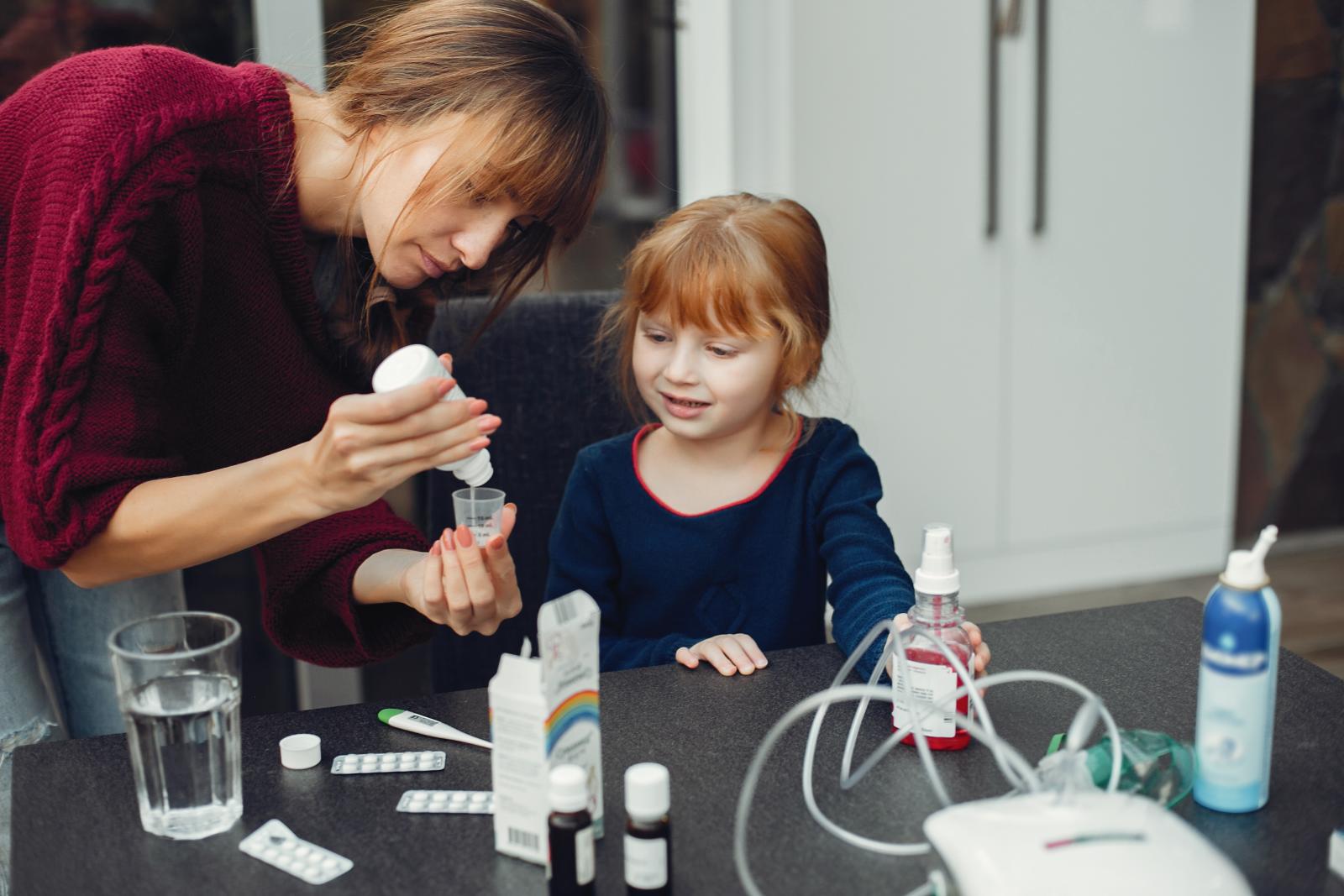Notifications

7 minutes, 43 seconds
-26 Views 0 Comments 0 Likes 0 Reviews

Discussing drugs with children is one of the most important conversations parents and caregivers can have. Early education on the topic helps prevent curiosity from turning into experimentation and equips kids with the knowledge to make safe, informed decisions. However, talking about drugs is not a one-size-fits-all discussion—it should be tailored to the child’s age, maturity, and understanding.
In this article, we’ll explore effective, age-appropriate strategies for talking to kids about drugs, ensuring that the dialogue remains open, honest, and supportive.
Children are naturally curious, and as they grow, they are exposed to information and behaviors about drugs through peers, media, and sometimes even family members. Early, ongoing conversations can:
Build trust and open communication
Reduce the mystery or allure surrounding drugs
Teach children how to resist peer pressure
Encourage healthy attitudes toward substance use
Identify early warning signs of risky behavior
Waiting too long to address this topic may leave kids vulnerable to misinformation or experimentation without parental guidance.
At this age, children are just beginning to understand the world around them. Introduce the concept of “safe” and “unsafe” substances using clear examples.
Use simple language: “Some things can make your body sick, like medicines you don’t need or things adults should only use.”
Teach children never to take anything from strangers.
Reinforce that medications are helpful but only when given by parents or doctors.
Avoid detailed explanations about addiction or drug types, which can confuse young children.
Children can understand cause and effect better now. You can begin to explain why some substances are harmful.
Explain that some things, like alcohol or cigarettes, can hurt their brain and body.
Use real-life examples appropriate to their environment (e.g., “We don’t smoke because it can make us sick.”)
Encourage questions and reassure them they can always talk to you if they’re confused.
Stories or cartoons about making healthy choices can help reinforce these messages.
As children approach adolescence, peer influence becomes stronger, and curiosity about drugs may increase.
Talk about peer pressure and how to say “no” firmly but kindly.
Discuss the short-term and long-term effects of drugs and alcohol.
Encourage critical thinking: “What do you think might happen if someone drinks too much?”
Be honest about the risks but avoid scare tactics that may backfire.
Maintain open communication and avoid judgment to keep your child comfortable sharing concerns.
Teen years are marked by a desire for independence and experimentation. Conversations should be respectful, informative, and ongoing.
Acknowledge that teens may encounter drugs and provide facts to help them make safe decisions.
Discuss the legal, health, and social consequences of substance use.
Talk about coping strategies for stress or emotional challenges that might lead to drug use.
Encourage your teen to share their experiences and feelings without fear of punishment.
Set clear family rules regarding substance use and the reasons behind them.
Remember, consistency and trust are key to keeping communication lines open with teenagers.
Regardless of age, certain principles can make drug conversations more effective:
Always tailor your language and information to your child’s developmental level. Avoid misinformation or overly complex explanations.
Create a safe space where children feel heard and understood. Listening encourages them to share openly.
Opportunities to discuss drugs often arise naturally—through media, school events, or community news. Use these moments to start conversations.
If children feel judged, they may hide their questions or experiences. Focus on understanding and guiding rather than punishing.
Children learn by example. Demonstrate responsible attitudes toward alcohol and medications in your own life.
Sometimes, despite open communication, children and teens may struggle with substance use. Warning signs include:
Changes in behavior or mood swings
Declining academic performance
Withdrawal from family or friends
Secretive behavior or lying
Physical symptoms like red eyes or poor hygiene
If you notice these signs, it’s important to seek professional advice early to prevent further harm.
Talking to kids about drugs is a vital first step, but some families may require additional support. Professional counselors, therapists, and specialized treatment centers can provide tailored guidance for children or teens at risk or already experimenting with substances.
If your family is facing such challenges, resources like a trusted Nasha Mukti Kendra in mohali can offer expert care, counseling, and rehabilitation services to support your child and your family through recovery.
Talking to kids about drugs is not a one-time event but an ongoing conversation that evolves as children grow. By providing age-appropriate information, listening attentively, and fostering trust, parents and caregivers can empower children to make informed, healthy decisions.
Starting these conversations early and maintaining open communication can make a significant difference in preventing substance abuse and promoting long-term well-being.
Remember, if you ever feel overwhelmed or concerned about your child’s behavior regarding drugs, professional help is available. Facilities such as a Nasha Mukti Kendra in mohali provide specialized support to guide families and young individuals toward a safer, healthier future.

